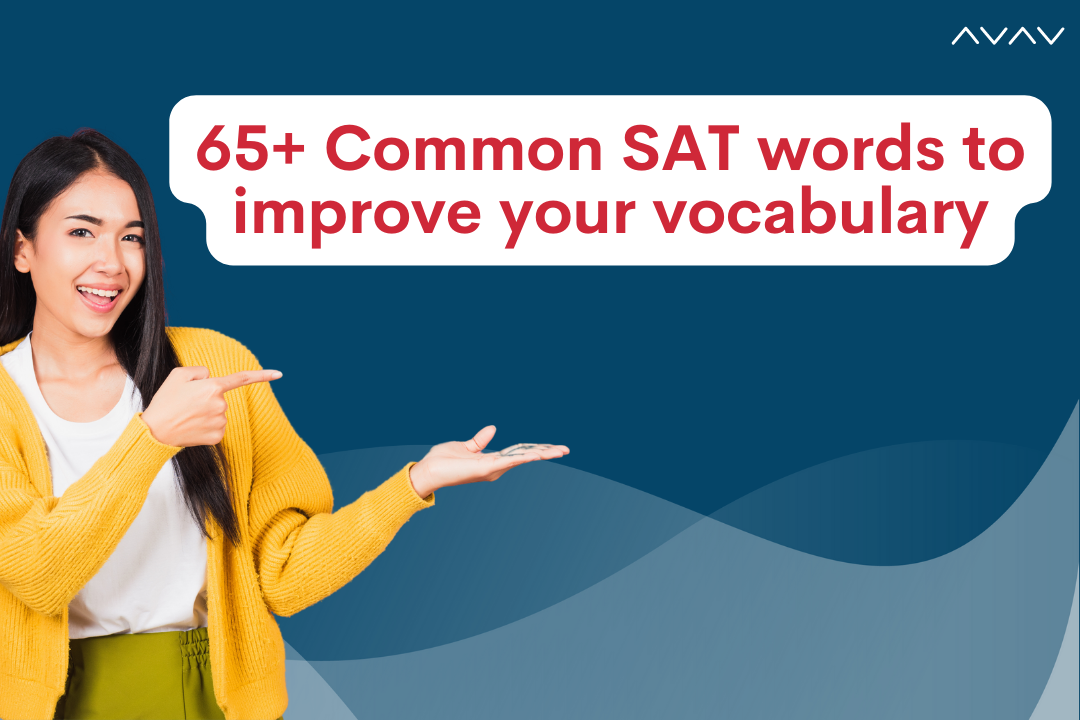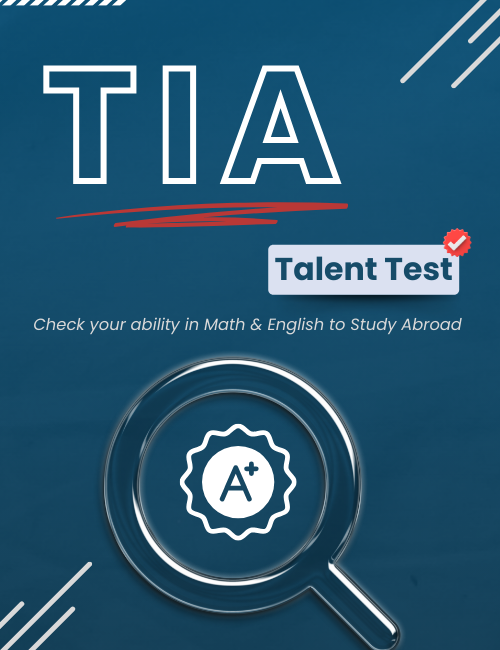
The Digital SAT is the new improvised SAT, modified to make the exam adaptive and unbiased. The College Board will commence with its digital SAT in 2023 at international test centres and in 2024 for students in the US. It is considered the most significant change made in the exam’s history.
The college board makes changes to enhance the experience and meet the evolving needs of the students and instructors.
Table of Contents
Notable Differences in the New Digital SAT
Many fundamental aspects of the SAT remain unchanged in the transition. The exam will continue to adhere to a 1600-point scoring system, require attendance at an authorized testing centre, and allow for accommodations with approved assistive technology or extra time.
The new Digital SAT introduces six notable differences that candidates should take note of :
Transitioning to the Computer-Based SAT
- The new SAT exam will be entirely administered on a computer, eliminating the need for bubble answer sheets.
- Test-takers can select to take the exam on a testing centre computer or bring their device or a school-issued fully charged testing device with the Bluebook™ application installed to take the test at the exam centre.
- A mouse can be brought, while a keyboard can be used with a tablet but not a laptop. Those who do not have access to a computer can request one from the College Board at least 30 days before the exam. The digital SAT ensures that students will not lose their work or time while reconnecting in case of connectivity or power loss.
Shorter Sections, More Time per Question
- It is a 2 hour and 14 minutes long exam. The total number of questions in Digital SAT is 98, divided into two sections:
- SAT Reading and Writing section – 54 questions
- SAT Mathematics section – 44 questions
- The new digital SAT consists of 2 sections:
- The reading and writing section consists of short paragraphs with multiple-choice questions. The passages range from 25-150 words. The subject areas on the exam are literature, history, social studies, science, and humanities.
- The Math section consists of questions from 4 categories.
- Algebra: 13–15 questions
- Advanced Math: 13–15 questions
- Problem-Solving and Data Analysis: 5–7 questions
- Geometry and Trigonometry: 5–7 questions
Adaptive Tests
- The new digital SAT has two sections, and each section is further divided into two modules.
- The first module within each section compresses a range of easy, medium, and difficult questions.
- The difficulty level of the second module will be based on how students perform in the previous module, with it being either more or less challenging.
Calculator for the Entire Math Section
- Unlike before, the new digital SAT allows students to use calculators for the entire Math section.
- Additionally, the digital SAT provides an onscreen calculator for test-takers who do not have their own.
- Students who bring their calculators should verify if it is on the College Board’s list of approved devices and meet the concerned requirements.
- The devices that display characters that are at least one inch in size or have a raised display that may be visible to other test-takers will be seated away.
Faster Results
- This new digital SAT will evaluate the test faster, and students will receive their scores within days.
- This means students will have ample time to decide on colleges and courses. Also, they can apply for college admissions before the deadline even if they take the SAT late.
- Students who wish to take the SAT multiple times for better scores can have time to decide whether a retake is necessary as results arrive quickly.
Secured Tests
- With the regular SAT exam, if one test-taker’s paper is comprised, all candidates taking the test at that same location and time will have their test scores cancelled by the College Board.
- The digital SAT is more secure since each student will have a unique digital test form, decreasing the chances of score cancellation.






